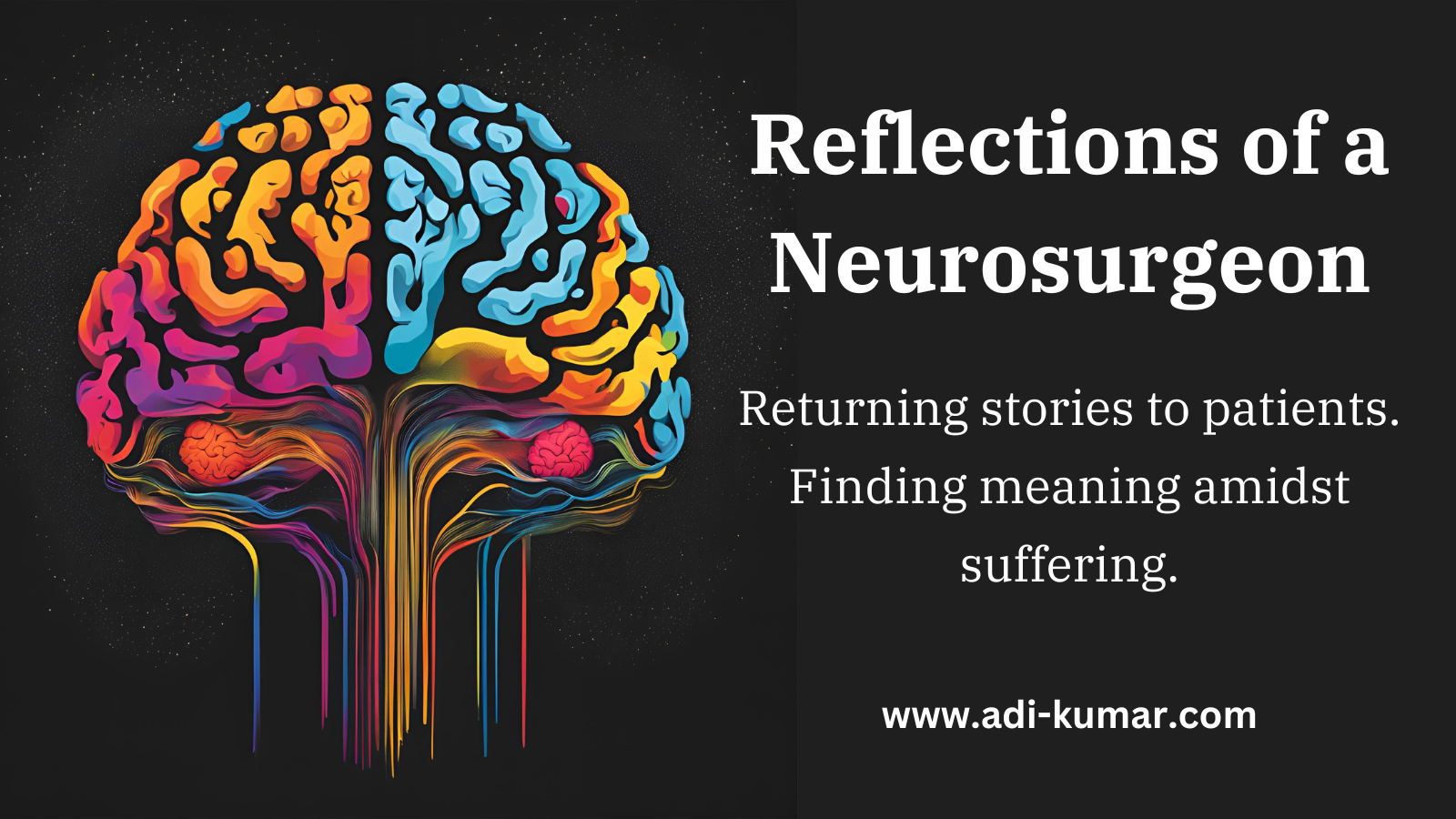GBM Part 5

This is the fifth and final instalment of this chapter of Reflections of a Neurosurgeon, the book I am writing in public.
If you missed the first part, you can find it here.
I hope to be a good surgeon. The problem is I don’t know what “a good surgeon” means. The answer I believed was like the brain itself, unfolding in layers, each more complex than the last. At first, I thought it was a matter of dexterity. My fingers, once clumsy with the weight of responsibility, learned to move with the safe efficiency. But as the mechanics of surgery became second nature, a new dimension emerged from unconscious competence.
Good surgeons, I realised, are more than mere technicians of the flesh. They are decision-makers, their minds as sharp as their scalpels, cutting through the fog of uncertainty with clarity and purpose. As I swam deeper into the waters of decision making, I discovered that truly good surgeons also possess a profound understanding of their patients. They recognise that healing is not confined to the physical realm, that words can mend wounds too deep for sutures to reach. In the storm of tragedy a surgeon's voice can be as potent as any drug, a balm for the heart's afflictions.
But the hardest lesson requires the scalpel to turn inwards. To dissect our own motivations and limitations with the same precision we apply to our patients. Do my hands carry the wisdom of experience, or merely the illusion of mastery? Can I navigate the rapids of potential complications, or will I be swept away by the currents of my own hubris? If the scales tip towards tragedy, can I bear the weight of responsibility, or will it crush me beneath its unforgiving mass? Should I reach out for help, or is that an admission of inadequacy?
